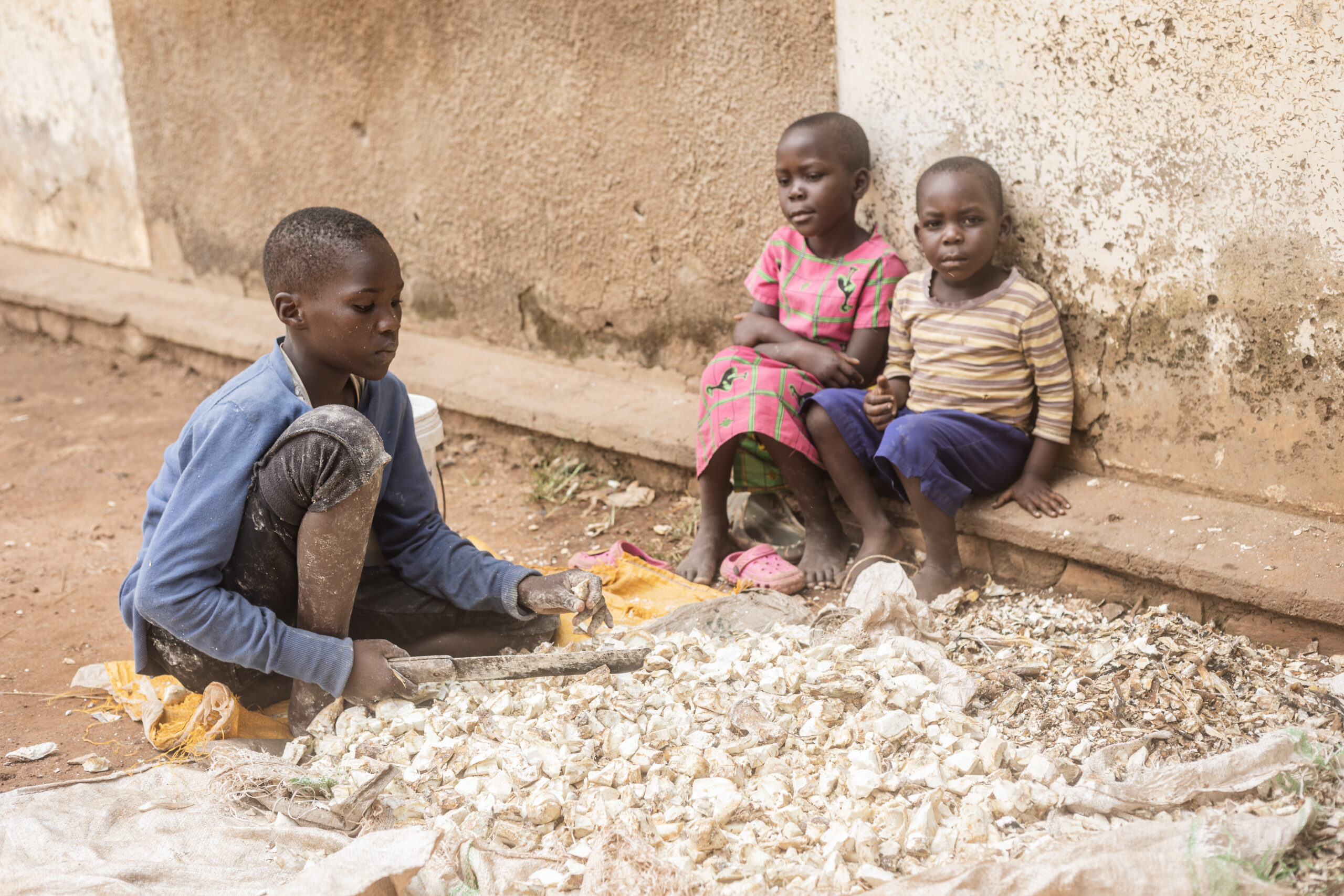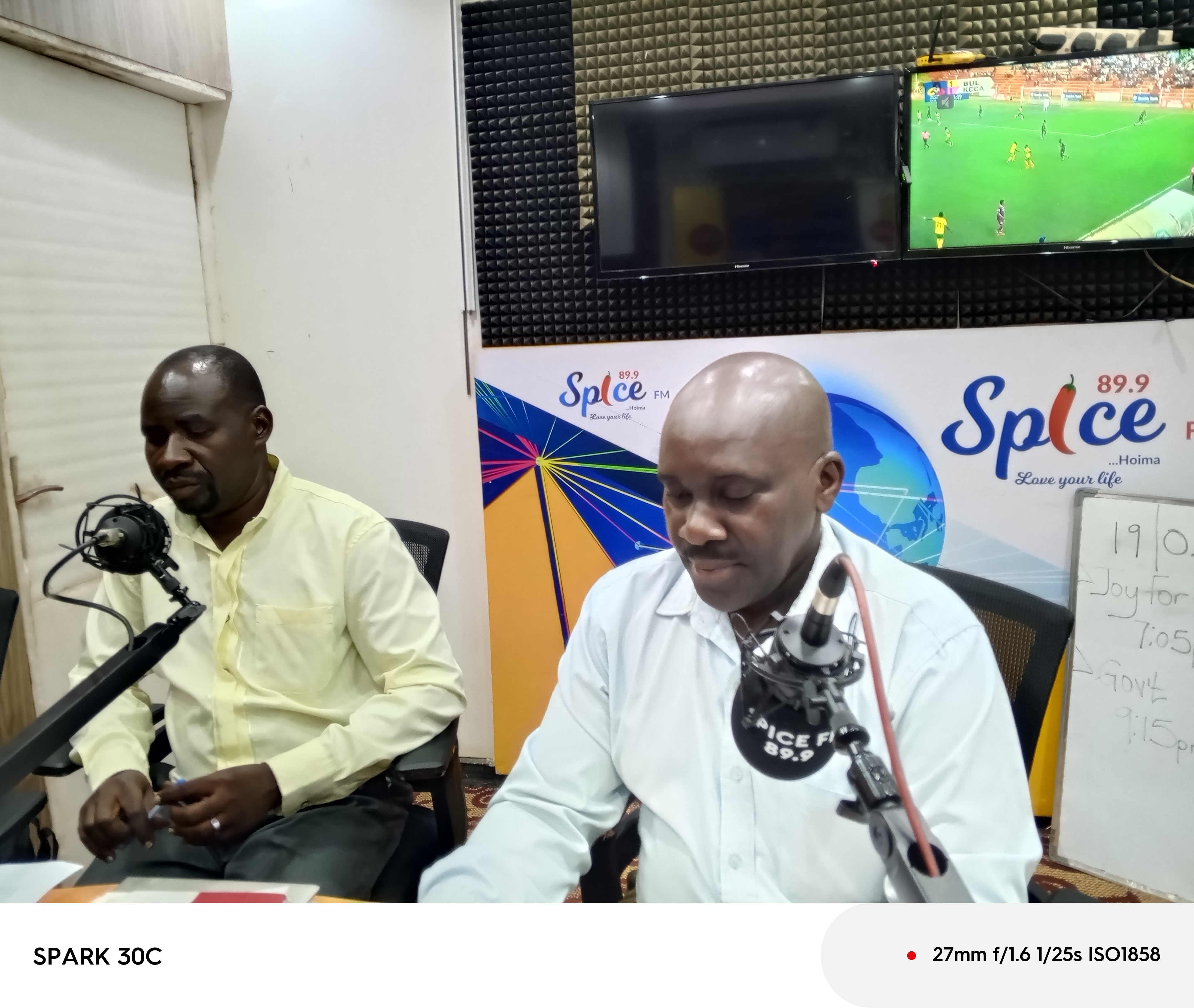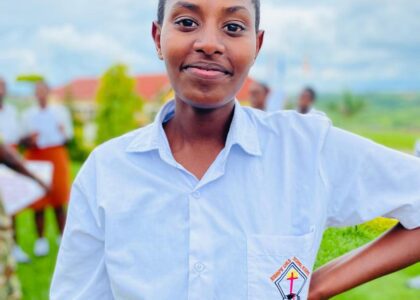GBV continues to be problem in Uganda and it affects all people irrespective of their social, economic and political status. GBV happens in families, communities, workplaces and institutions.
For example, the Uganda Demographic and Health Survey (UDHS) 2011 indicate that 56% of women aged between 15 and 49 years in Uganda have experienced physical violence at some point in life, 28% of women in the same age group have experienced sexual violence, compared to 9% of men.
Women and girls face more GBV than men although current there is a current survey indicating that men in urban centers in Uganda face more violence from their spouses at 58% than their female counterparts at 49%, new vision of 19th March 2019, page 14.
GBV has devastating and dire effects and high prevalence of social problems such as social exclusion, psychological distress mental and anxiety disorders, spread of HIV and STD infections, unwanted pregnancies and the trauma experienced by survivors and their immediate family members, it has a direct negative impact on the dignity of survivors and productivity in general.
GBV has continued to be a problem in Uganda amidst a strong legislative and policy framework that supports gender equality and women’s empowerment. In 2016, Uganda developed a Gender policy to address the rampant GBV in the country.
GBV is a general term used to describe any harmful act that is perpetrated against a person’s will on the basis of unequal relations between women and men, as well as through abuse of power. GBV in particular, sexual and physical violence is widespread in Uganda and is mainly committed against women and girls.
My experience working with communities with diverse cultural back grounds has shown that there are many forms of GBV ranging from physical violence which includes battering, kicking, burning, slapping among others. Psychological or emotional violence which includes deprivation of liberty, forced marriage, sexual harassment, use of abusive language against a spouse, threats and intimidation among others.
There is also treatment of women as commodities which involves trafficking women and girls for Sexual exploitation and for work. There is also Economic Violence where a spouse who is manly the bread winner denies the partner rights to property or cuts off economic support to the spouse such not buying food and paying rent for the family.
Another worst form of GBV is harmful traditional practices includes widow inheritance, Female Genital Mutilation/cutting, early or forced marriages, denial of education for girl child. The last form of GBV being Sexual Gender Based Violence which includes sexual harassment, rape and defilement.
The biggest challenge in fighting GBV is the rigid cultural practices that hinder the survivors from reporting such incidences to the relevant authorities for action. Some survivors feel its normal for a husband to beat his wife a way of disciplining her or to rape her when need arises.
What can be done to address GBV in families, community, work places and institutional level.
For Uganda to achieve its sustainable development goals especially Goals 4, 5, & 10, there is need for all actors to work together to address out rightly GBV and all its forms.
Conduct more education and sensitization campaigns to the public about the negative effect on the people and the country’s economy.
The MGLSD should develop and maintain a GBV data base that will guide planning, decision making and designing programs aimed at curbing down GBV. Furthermore, there should be community mobilization and empowerment, establishment of One-Stop Centers, Strengthen the referral system, mainstream GBV in policies and sector plans, develop a GBV M & E framework, conduct study to quantify GBV impact on economic growth and development among others.





